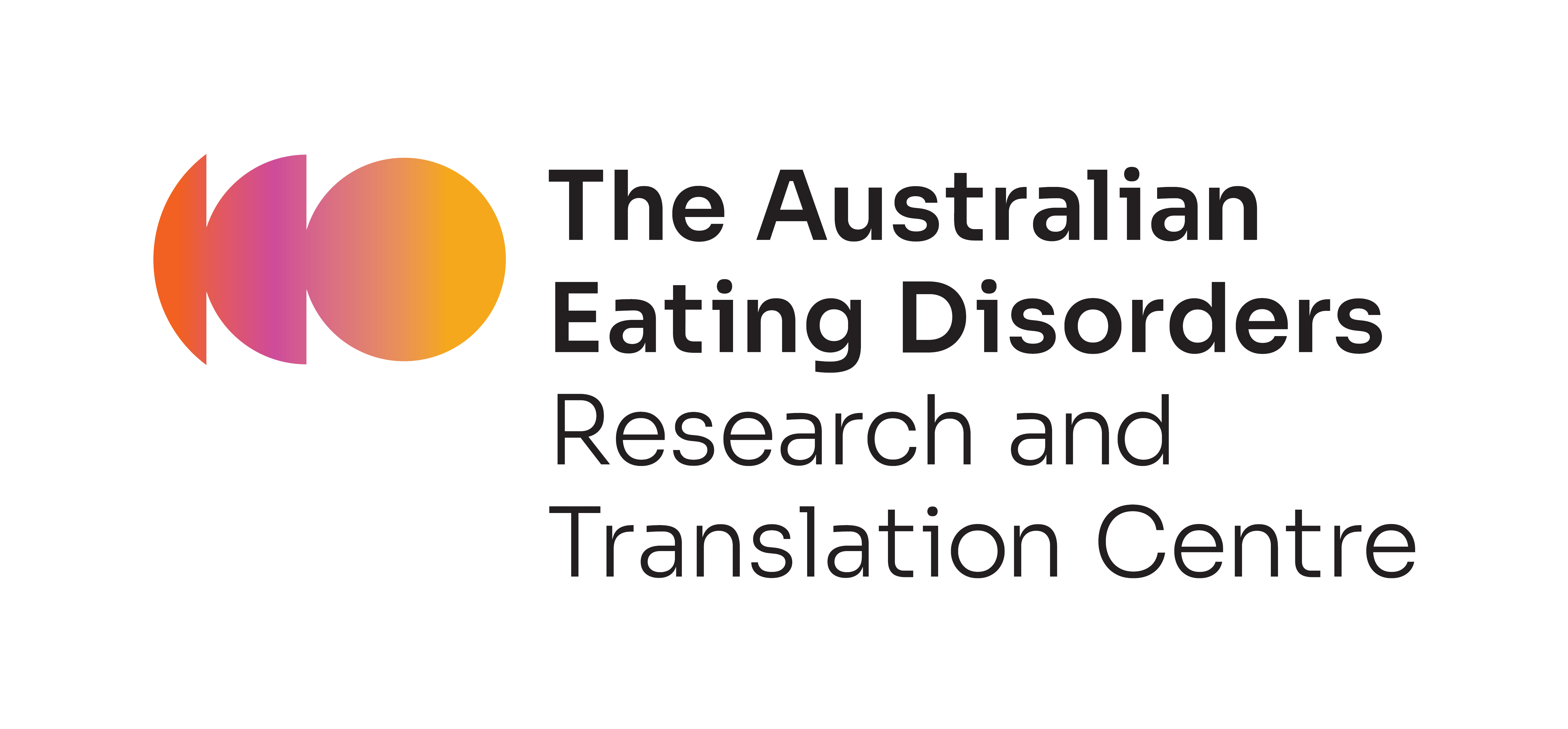COllaborative for Eating Disorders - Western Melbourne (CO-ED West)

Lead Researcher Ms Rachel Knight
Deakin University
Affiliate Authors
Professor Genevieve Pepin, Deakin University
Ms Michelle Roberton, Victorian Centre of Excellence in Eating Disorders
Belinda Caldwell, Eating Disorders Victoria
Ms Cathy Wyett, North Western Melbourne PHN
Western Health (WH) is a public health provider in Melbourne, serving a rapidly growing, diverse and multicultural population of approximately one million people.
Following the 2021 Royal Commission into Victoria's Mental Health Services, NorthWestern Mental Health was restructured into five separate organisations. One of these is the Western Health (WH) Mental Health and Wellbeing division. As a result of the restructure, WH no longer has specialist eating disorder services.
In response, this study proposes the establishment of the COllaborative for Eating Disorders - Western Melbourne (CO-ED West). This co-designed initiative will engage people with lived and living experience of eating disorders alongside representatives from key organisations in the region.
The study aims to map the existing eating disorders stepped system of care in the WH region; identify and prioritise strengths, gaps and opportunities within that system; and co-develop actionable recommendations for future system development.
CO-ED West will host three workshops guided by co-production principles from the AEDRTC QuickStart Guide for Co-production in Eating Disorders Research. Workshop 1 will co-develop a service map of the existing service system in Western Melbourne using the National Eating Disorders Strategy 2023-2033 eating disorders stepped system of care framework. Workshop 2 will co-identify and co-prioritise strengths, gaps, and opportunities. Workshop 3 will co-design practical actions and implementation pathways to strengthen the eating disorder system in Western Melbourne.
This study will contribute to the co-design evidence base, support improved service integration, earlier identification and intervention, and more equitable access to treatment.
